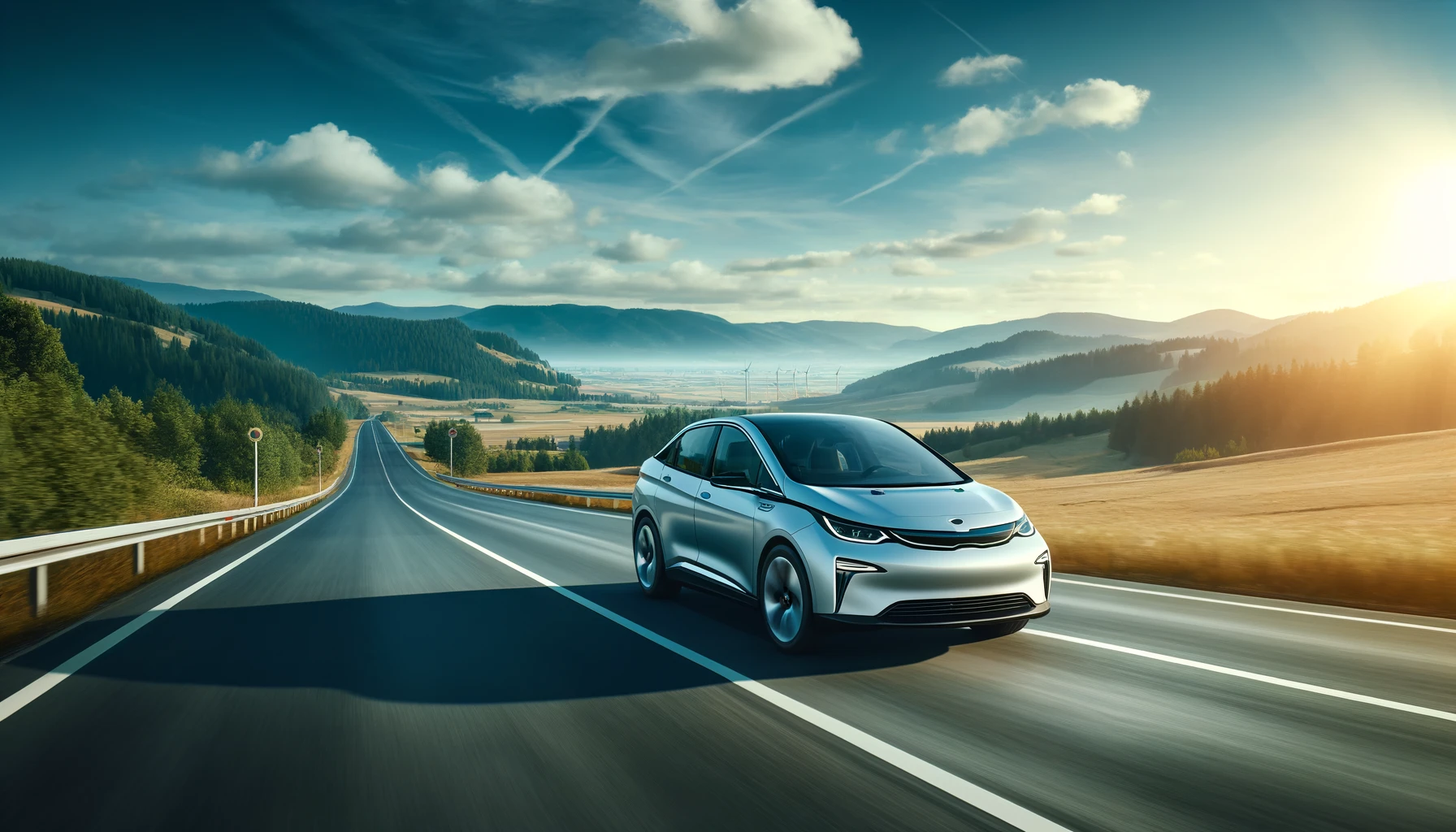Increasing Demand for Hybrid Cars

In recent years, the demand for hybrid vehicles in South Korea has surged dramatically. This trend is evident in the extended wait times for popular models like the Hyundai Avante and Kia Carnival. According to the latest delivery schedules from Hyundai and Kia, customers who order hybrid versions of these cars in May 2024 will have to wait up to 12 months for delivery. In contrast, the wait time for gasoline models is significantly shorter—around four months for the Avante and four to five months for the Carnival.
Fuel Efficiency: The Key Driver
One of the primary reasons behind the growing popularity of hybrid cars is their superior fuel efficiency. Hybrid vehicles typically offer over 30% better fuel efficiency compared to their gasoline and diesel counterparts. For example, the 1.6L gasoline model of the Avante has a combined fuel efficiency of 14.8 km/L, whereas the 1.6L gasoline hybrid version offers 21.1 km/L. Similarly, the 3.5L gasoline engine Carnival delivers 9.0 km/L, while the hybrid model with a 1.6L engine achieves 13.5 km/L.
Industry-Wide Impact
The rising demand for hybrid vehicles is not limited to Hyundai and Kia. Other automakers are also entering the hybrid market. Renault Korea plans to introduce a new hybrid model, the Aurora, at the Busan Mobility Show in June, with sales starting in the fall. Meanwhile, KG Mobility is working on hybrid versions of the Torres, KR10, and F100 models, in collaboration with Chinese automaker BYD.
Future Prospects
In 2023, the number of registered hybrid vehicles in South Korea surpassed 300,000 for the first time, marking a 46.3% increase from the previous year. This significant growth positioned hybrid vehicles as the second most registered car type after gasoline vehicles, which had over 890,000 registrations.
Economic and Environmental Benefits
Hybrid vehicles not only offer better fuel efficiency but also contribute to lower carbon emissions, making them an environmentally friendly choice. The South Korean government has been promoting hybrid and electric vehicles through various incentives, which has further fueled the demand. These incentives include tax reductions, subsidies, and exemptions from certain driving restrictions, making hybrid cars an attractive option for environmentally conscious consumers.
Market Predictions and Industry Insights
Experts predict that the hybrid vehicle market in South Korea will continue to grow at an annual rate of 20-25%. Hyundai expects its hybrid sales to increase by 28% in 2024, reaching 480,000 units, and estimates that hybrids will account for 11% of its total sales, up from 9% in the previous year. Kia’s financial department forecasts similar growth trends for its hybrid models.
Technological Advancements
As technology advances, hybrid vehicles are becoming more efficient and affordable. Automakers are investing heavily in research and development to improve battery technology, reduce manufacturing costs, and enhance overall vehicle performance. This progress is making hybrid cars more accessible to a broader range of consumers.
Consumer Preferences

Moreover, the South Korean market has shown a preference for hybrid SUVs and sedans, which offer a balance of performance, efficiency, and practicality. The popularity of models like the Hyundai Santa Fe and Kia Sorento in their hybrid variants is a testament to this trend.
Conclusion
The surge in hybrid vehicle popularity in South Korea is driven by their exceptional fuel efficiency, environmental benefits, and increasing consumer interest in sustainable transportation. With continued advancements in hybrid technology and supportive government policies, the hybrid vehicle market is poised for sustained growth in the coming years. Automakers are responding to this demand by expanding their hybrid offerings, ensuring that consumers have more choices than ever before.
Hyundai Mobis Builds New EV Module Plant in Ulsan: A Leap Towards the Future of Electric Vehicles
Hi, I’m [jeybee]. As a long-time resident of Seoul, I’m passionate about uncovering the authentic, everyday magic of Korea. This blog is my way of sharing my favorite spots, tips, and cultural insights with you, beyond the usual tourist traps.

